
Casiopea, now known in its fourth iteration as Casiopea-P4, is a Japanese jazz fusion band formed in 1976 by guitarist Issei Noro, bassist Tetsuo Sakurai, drummer Tohru "Rika" Suzuki, and keyboardist Hidehiko Koike. In 1977, keyboardist Minoru Mukaiya and drummer Takashi Sasaki replaced Koike and Suzuki respectively. They recorded their debut album Casiopea (1979) with guest appearances by American jazz musicians Randy Brecker, Michael Brecker, and David Sanborn. In 1980, drummer Akira Jimbo joined the band. Casiopea has released over 40 albums in Japan and around the world.
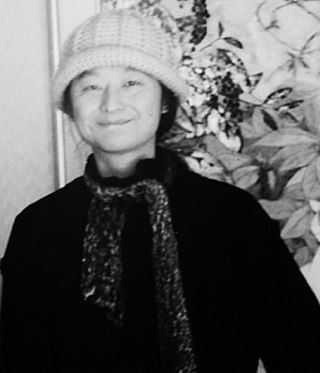
Shirō Sagisu is a Japanese composer, arranger and music producer. With a career spanning over 40 years, he is best known for his works as a record producer for acts including various choir members Mike Wyzgowski, Misia, Satoshi Tomiie, and Ken Hirai. Sagisu has also worked as a film composer for several anime and films, being well known for his collaborations with Gainax, especially in the soundtrack of Hideaki Anno's series Neon Genesis Evangelion.

Masahiro Andō is a Japanese composer and guitarist from Chikusa-ku, Nagoya, Aichi Prefecture, Japan. From 1976 to 2021, he was the guitarist and leader of the Japanese jazz-fusion band T-Square. He was also one-third of Ottottrio, a supergroup led by three Japanese guitarists: himself, Hirokuni Korekata of Rocket Jam and Issei Noro of Casiopea.

T-Square, stylized in all-uppercase T-SQUARE, is a Japanese jazz fusion band formed in 1976. They became famous in the late 1970s and early 1980s along with other Japanese jazz bands. They are known for songs such as "Truth", "Japanese Soul Brothers", "Takarajima", and "Omens of Love", among others.

Lucky Summer Lady is the debut studio album by the Japanese jazz fusion group T-Square, who were then known as The Square. It was released on September 21, 1978.
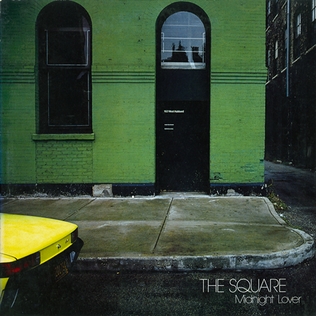
Midnight Lover is the second studio album of the Japanese jazz fusion group T-Square, who were then known as The Square. It was released on December 21, 1978.
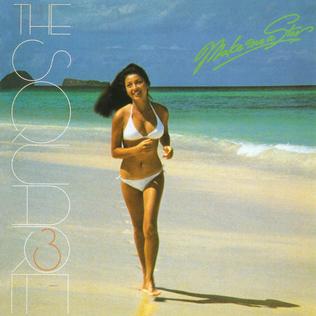
Make Me A Star is the third album by Japanese jazz fusion band "The Square", recorded and released in 1979. This is also the first album on which saxophonist Takeshi Itoh used the Lyricon.

Farewell and Welcome Live 1998 is a live recording by the Japanese Jazz fusion band T-Square released on July 18, 1998 and made available on VHS. The concert was held to bid farewell to Masato Honda and Hirotaka Izumi who were leaving the band, and to welcome their replacements Takahiro Miyazaki and Tadashi Namba.
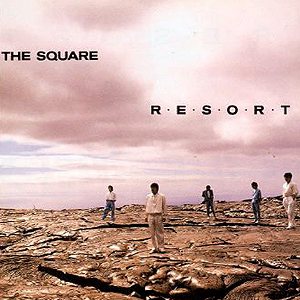
R.E.S.O.R.T. is the tenth studio album by Japanese Jazz fusion band T-Square, who was then called The Square. It was released on April 1, 1985 under Columbia Records. This was the last studio album with drummer Tohru Hasebe, who would leave the band after the tour. Hiroyuki Noritake would replace him in the next album. The album has also been released on Laserdisc.

Rockoon is the fourth studio album by Japanese Jazz fusion band T-Square. It was released on April 1, 1980.
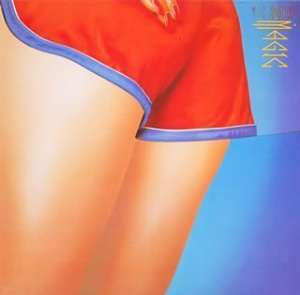
Magic is the fifth studio album by Japanese Jazz fusion band T-Square, who were then known as The Square. It was released on November 1, 1981.

Temptation of Shapely Legs is the sixth studio album by Japanese jazz fusion band T-Square, who was then known as The Square. It was released on November 21, 1982. This is also the first T-Square album to have a Japanese name, whereas the previous names were in English.

The Water of the Rainbow is the seventh studio album by Japanese jazz fusion band T-Square, who was then known as The Square. It was released on May 21, 1983.

Adventures is the eighth studio album by Japanese jazz fusion band T-Square, then known as The Square. It was released on April 1, 1984.

S.P.O.R.T.S. is the eleventh studio album by Japanese Jazz fusion band T-Square, who was then known as The Square. It was released on March 5, 1986. This album is the first appearance of one of their most popular songs, Takarajima, composed by Hirotaka Izumi, and is also the first studio appearance of first long-term drummer, Hiroyuki Noritake. Bassist Toyoyuki Tanaka later left the band after this album's tour, and would be replaced by Mitsuru Sutoh starting from the next album Truth. This is their first album to win a Japan Gold Disc Award.

Truth is the twelfth studio album by Japanese Jazz fusion band T-Square, who was then known as The Square. It was released on April 1, 1987.

Yes, No is the thirteenth studio album by Japanese Jazz fusion band T-Square. It was released on February 26, 1988 through Columbia Records and was the last studio album by the band released under the name The Square, though by this point they were already Touring the United States as T-Square.
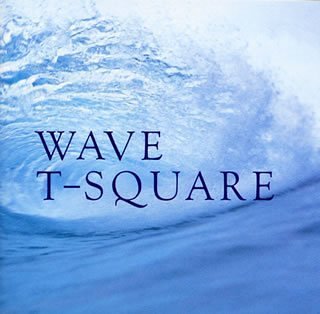
Wave is the fourteenth studio album by Japanese jazz fusion band T-Square. It was released on March 21, 1989.

Natural is the fifteenth studio album by Japanese Jazz fusion band T-Square. It was released on April 21, 1990. It was the last to feature Takeshi Itoh on saxophone and EWI, during his initial run with the band. He returned to T-Square in mid-2000 and has been performing with the group ever since.

New-S is the sixteenth studio album by Japanese Jazz fusion band T-Square, released in 1991. This album marks the introduction of saxophonist Masato Honda to the band, after Takeshi Itoh left the group.




















